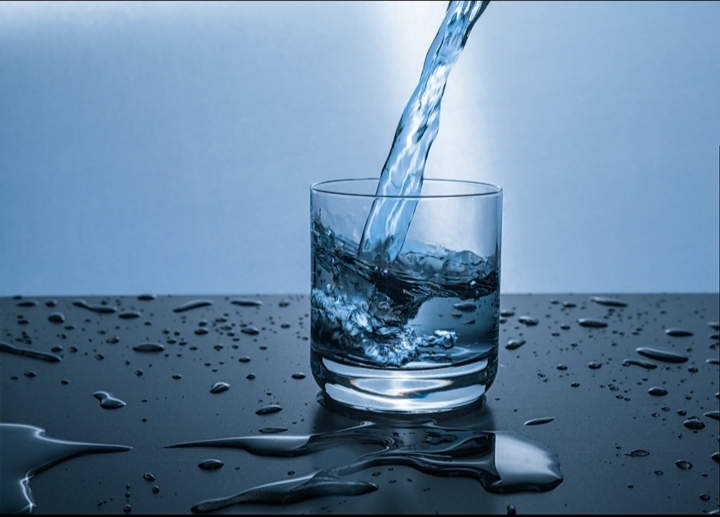
Water is often hailed as the elixir of life, essential for our well-being. However, the idea of replacing water with alternative beverages for an extended period of time raises questions about the impact on our bodies. In this exploration, we delve into the effects of substituting water with various beverages for 90 days and observe the potential consequences on overall health.
Section 1: The Importance of Hydration
Before we embark on this experiment, it's crucial to understand the vital role water plays in maintaining bodily functions. Water is the cornerstone of hydration, facilitating nutrient absorption, regulating body temperature, and supporting various physiological processes. Any deviation from regular water intake can have profound effects on our health.
Section 2: Substitutes and Their Impact
1. Fruit Juices:
- Many individuals opt for fruit juices, assuming they provide hydration along with additional nutrients. However, most fruit juices are laden with sugars and lack the fiber found in whole fruits. Overconsumption may lead to weight gain and spikes in blood sugar levels.
2. Tea and Coffee:
- While tea and coffee contribute to overall fluid intake, their diuretic properties can increase urine production, potentially leading to dehydration if not balanced with sufficient water intake. Additionally, excessive caffeine consumption can disrupt sleep patterns and affect overall well-being.
3. Sports Drinks:
- Often marketed as rehydration solutions, sports drinks contain electrolytes and sugars. While suitable for athletes engaging in intense physical activity, regular consumption without the need for replenishing electrolytes may result in excess calorie intake and potential health issues.
4. Infused Water:
- Infusing water with fruits, herbs, or vegetables can enhance its flavor, encouraging increased intake. This is a creative way to stay hydrated while benefiting from the additional nutrients provided by the infused elements.
Section 3: The 90-Day Experiment
Embarking on a 90-day journey of substituting water with various beverages requires careful monitoring of health indicators. Participants in this experiment should maintain a detailed diary, documenting changes in energy levels, mood, skin health, and any noticeable differences in weight or body composition.
1. Initial Adaptation Period:
- Participants may experience an adjustment phase as the body adapts to the altered fluid intake. Changes in energy levels and mood could be early indicators of the body's response.
2. Physical Performance and Endurance:
- The impact on physical performance should be closely observed, especially for individuals engaged in regular exercise. Changes in endurance, muscle recovery, and overall fitness may provide valuable insights.
3. Skin and Digestive Health:
- Skin hydration is closely linked to water intake, and alterations may be visible during this experiment. Additionally, changes in digestive health, such as bloating or irregular bowel movements, should be noted.
Section 4: Expert Opinions
Nutritionists, dietitians, and healthcare professionals weigh in on the potential risks and benefits of substituting water. Emphasizing the importance of maintaining adequate hydration, they provide insights into the potential consequences of relying on alternative beverages.
Conclusion:
While the experiment of substituting water for 90 days offers a unique perspective on the body's adaptability, it is crucial to approach such endeavors with caution. The long-term consequences of deviating from optimal hydration levels are not fully understood, and individual responses may vary. As we navigate this exploration, it becomes evident that water remains an irreplaceable element in maintaining overall health and well-being.



You must be logged in to post a comment.